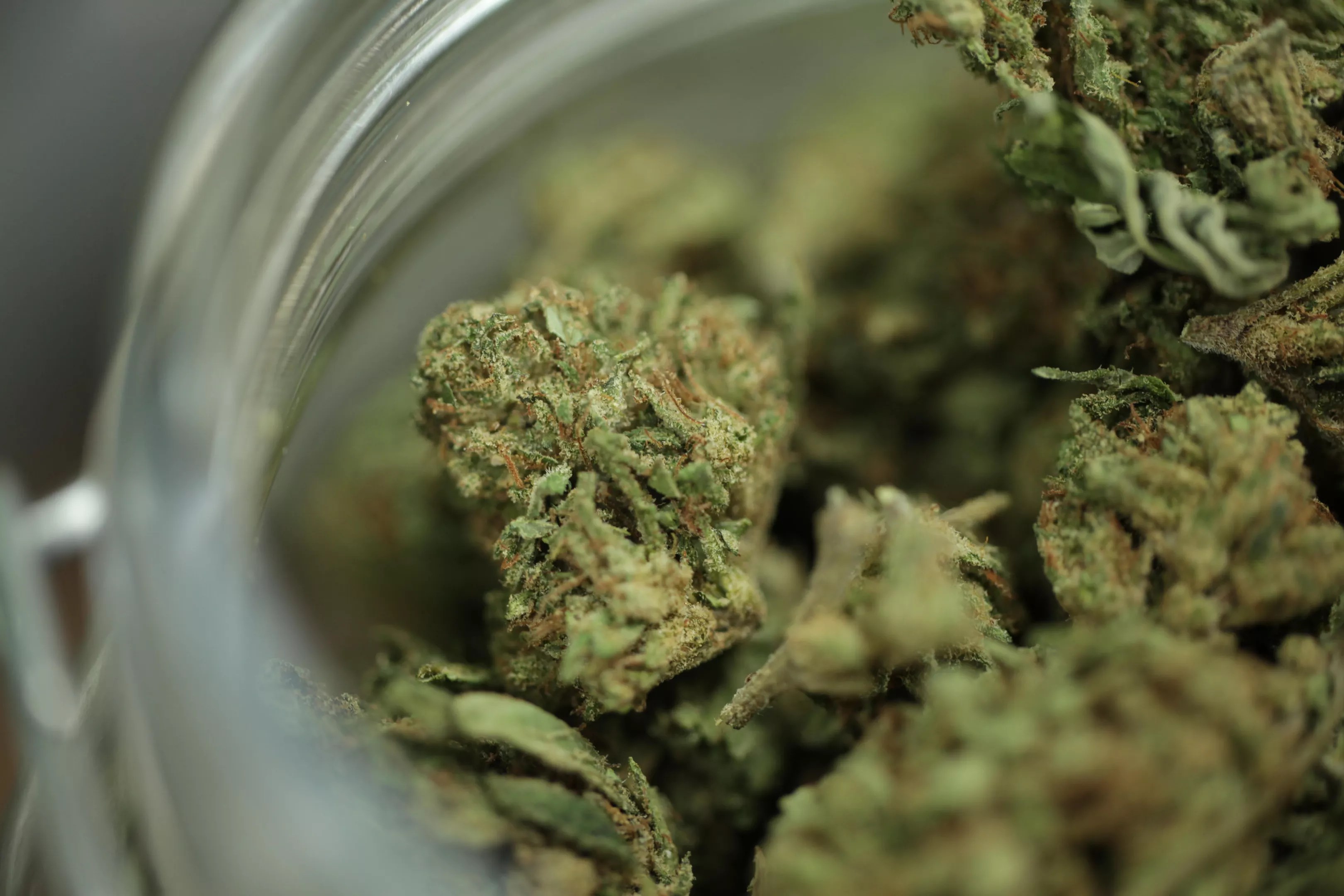
Malen Blackmon

Audio By Carbonatix
Delta-8 THC will remain legal in Texas for now, following a recent ruling in a state court of appeals.
The Texas Department of State Health Services (DSHS) has been fighting to ban the stuff since 2021 when it added a statement to its website stating that delta-8 and other THC isomers were Schedule 1 controlled substances. The move sent some in the hemp industry into a panic as stores were forced to pull the products from their shelves. Then, a company called Hometown Hero CBD came along and sued the state agency over the THC isomer ban.
Through this suit, the company was able to get an injunction, which halted the ban. The state appealed the injunction to the Third Court of Appeals. The case lingered in court until Sept. 5 when it finally got a hearing. Each side had 20 minutes to make their case and the appeals court ruled in Hometown Hero’s favor on Sept. 28.
“We are delighted that the Third Court of Appeals of Texas today upheld the decision to stop the prohibition of hemp-derived delta-8 products,” the company said in an emailed statement. “Not only does this ruling help save an $8 billion industry, and thousands of jobs, but it also gives adult consumers and veterans continued access to hemp-based cannabis products that have become vital to their everyday lives.”
The state moved forward with the ban after the U.S Drug Enforcement Agency updated its list of controlled substances in 2020 to align with the 2018 Farm Bill. This bill federally legalized hemp, which is cannabis with less than 0.3% delta-9 THC. Delta-9 THC, often just called THC, is the chief psychoactive component in cannabis that gets users high. Cannabis with more than 0.3% delta-9 THC is considered illegal marijuana. Cannabis with less than 0.3% delta 9 is considered legal hemp. Texas passed a similar bill in 2019 that legalized hemp in the state, and since then smoke shop shelves have been flooded with other types of THC, like delta-8, which is generally regarded as delta-9’s less potent cousin.
When the DEA “designates, reschedules or deletes” substances from the federal list of controlled substances, it triggers the state’s ability to choose whether to adopt the changes. But Hometown Hero and its lawyers argue that the DEA was just conforming the list to be in line with the federal hemp law. Because the federal agency wasn’t designating, rescheduling or deleting anything on the controlled substances list (from Hometown Hero’s perspective), the state wasn’t triggered to do anything with its controlled substances list.
“We are delighted that the Third Court of Appeals of Texas today upheld the decision to stop the prohibition of hemp-derived delta-8 products.” – Hometown Hero CBD
The company also claims that the state never gave proper notice or a proper hearing about the change. DSHS did post a notice for the hearing online in September 2020. It was titled “Objection to Implementing DEA Rule Changes.” The notice was also posted in the state’s register, which includes text-searchable PDFs. This allows people following the hemp industry to find important updates to laws regarding hemp. However, the state’s notice regarding delta-8 wasn’t text-searchable in the register. Had it been text-searchable, interested citizens could have found out about it, shown up for the hearing and spoken out against banning delta-8 and other THC isomers. Instead, no one showed up or sent in public comments. So the change happened without objection.
What the state did was to change the entries for THC and “marihuana extract” to include THC isomers like delta-8. The next year, the state agency posted on its website that THC isomers were considered Schedule 1 controlled substances. This prompted the Hometown Hero lawsuit, which secured an injunction to halt the ban. The state then appealed the injunction and lost in the third court of appeals.
Now, the state could decide to bring the case to the Texas Supreme Court. But Jesse Williams, a writer for Texas Cannabis Collective, the Fort Worth-based cannabis news site, doesn’t think that’s very likely for three reasons: First, the state usually appeals decisions like this immediately, but that didn’t happen this time; second, Williams said, the Texas Supreme Court already decided not to continue the ban in another stage of the lawsuit; and third, Tony Buzbee, the lawyer who represented Texas Attorney General Ken Paxton in his impeachment trial, owns a hemp company that sells delta-8 infused seltzer. “It would be really odd for Paxton to have his office work against his attorney,” Williams said.
Either way, Lukas Gilkey, founder and CEO of Hometown Hero, said in a video about the court decision that the company was prepared to continue its fight to keep delta-8 legal. “We continue to believe we’re on the right side of this and we will continue to fight on behalf of everybody in Texas around hemp-derived cannabinoids and make sure that these products stay legal for the people that need them like veterans and a lot of other groups of people.”